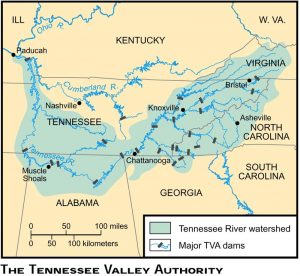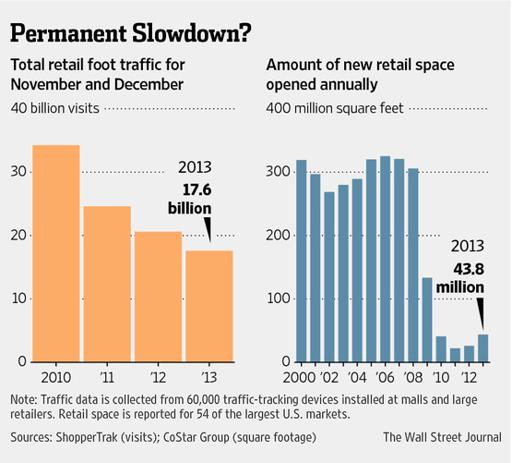
I just read a story about the Tennessee Valley Authority (TVA) and the fact President Trump fired its CEO and one board member. My first reaction was, what what what? How can a political entity fire the CEO of the TVA? It turns out the TVA is owned by the Federal Government although it receives no tax dollars and acts almost exclusively just like a private company. So, my second question is, what what what?
Where is my Time Travel Hat? I have to get to the bottom of this immediately. Did I leave it in the freezer again? No. In the tax document drawer? No. Ah, there it is in the Gloomhaven Box, how did it get there? Oh well, let’s see, still fits, spin three times, fancy colors, bright lights, dizzy spell, and, where am I?
Is that President Franklin Roosevelt over there? What is he saying, selfish purposes, let’s listen in: Never shall the federal government part with its sovereignty or with its control of its power resources while I’m president of the United States. Hmm, so he’s upset that public utilities are charging high prices. He wants the government to be in charge of electricity generation. Look at all the people applauding him including Republican Senator George Norris who just blocked Henry Ford from building a private dam and utility to modernize the Tennessee Valley.
I can’t believe I’m actually watching President Roosevelt signing the TVA Act which legally prevents competition in the valley. Only the government can build power plants and dams. Oh, I see, look there, in the back room, the politicians know the dams are going to flood out tens of thousands of residents, Native American sacred sites, so they are giving TVA Eminent Domain powers to simply kick people off who refuse to sell. Smart!
Oh, look there, is that Barry Goldwater and Ronald Reagan lambasting the power of the TVA and the fact government controls it instead of private industry, it sure is. Look there, they have their own police force! A net income of $1.12 billion in 2018. They’ve been profitable since 1977.
Uh oh, energy running low, flashing lights, and I’m back home. Whew. Another successful trip. What did we learn? The government shouldn’t own industries like the TVA for a number of reasons, one of them is politicians will feel free to intervene in business decisions for which they should have no authority whatsoever.
Why does President Trump have the authority to fire the CEO of the TVA? Because the government created a monopoly and crushed any chance for private industry competition.
How does the Supreme Court justify this Socialism? The Commerce Clause which allows the regulation of streams to keep them navigable and the War Powers Act because electricity is sometimes used in the creation of munitions. Seriously? I ask. Seriously?
Tom Liberman


